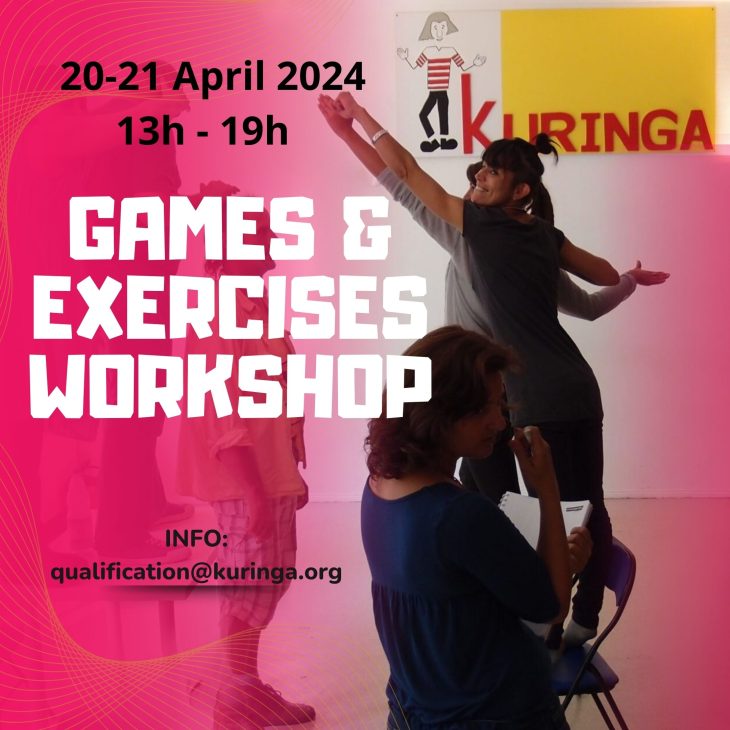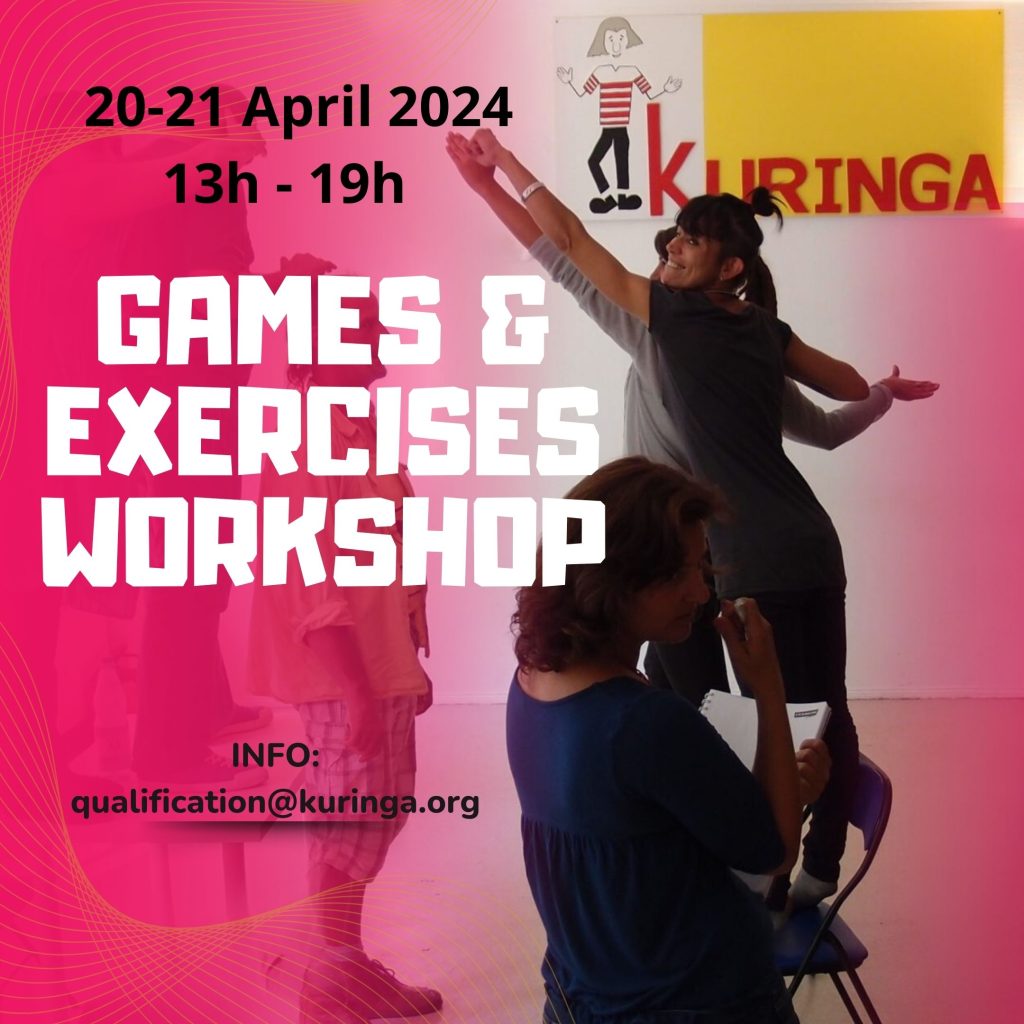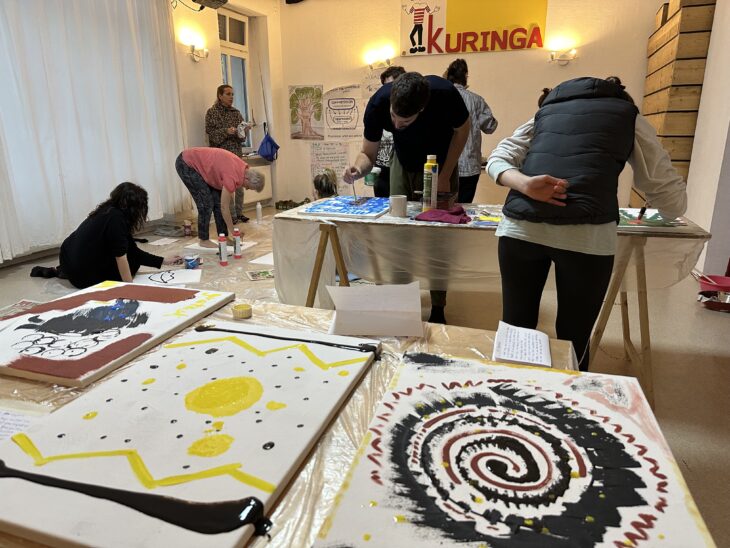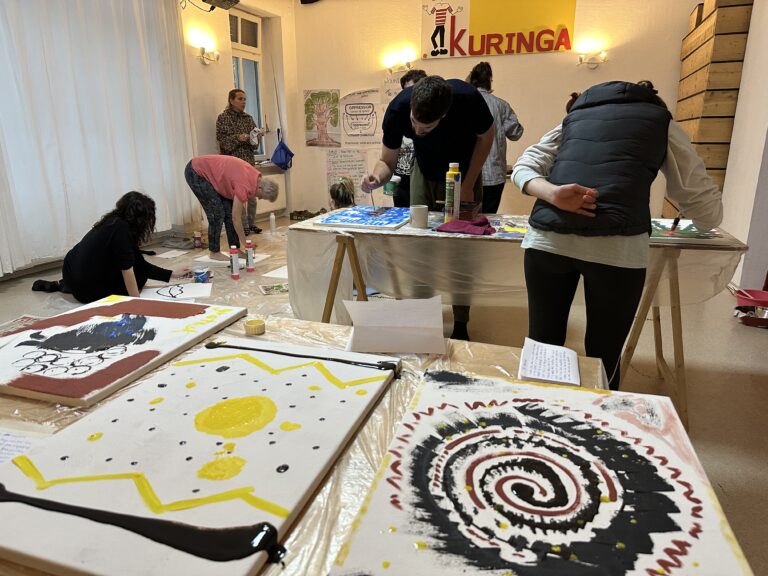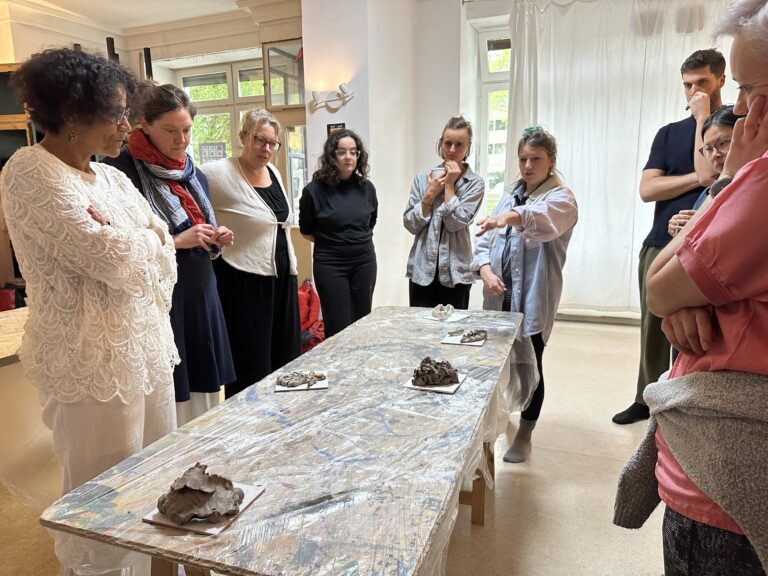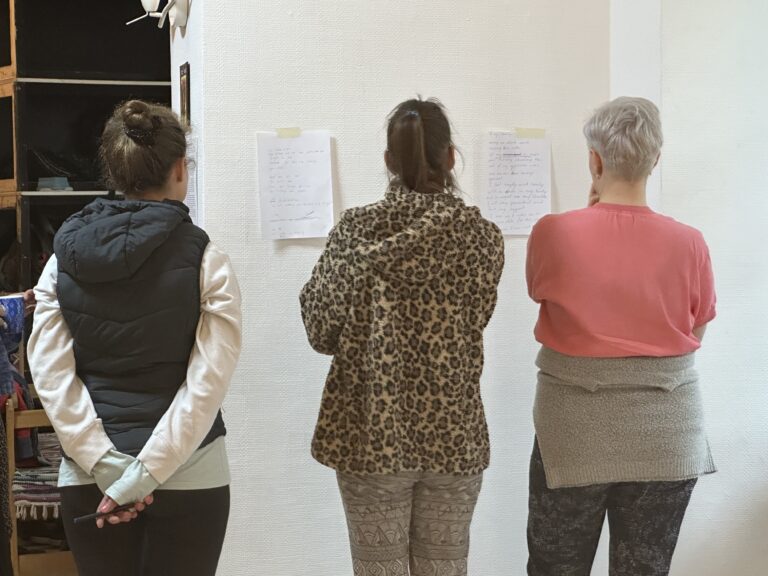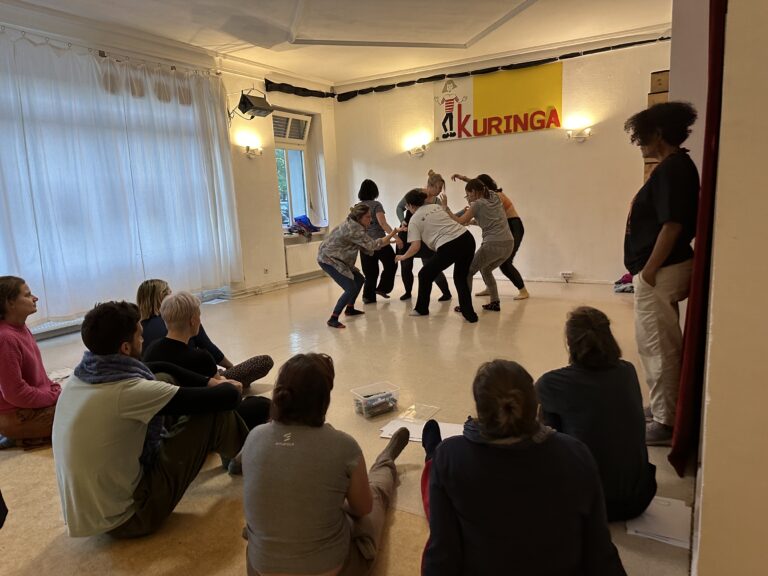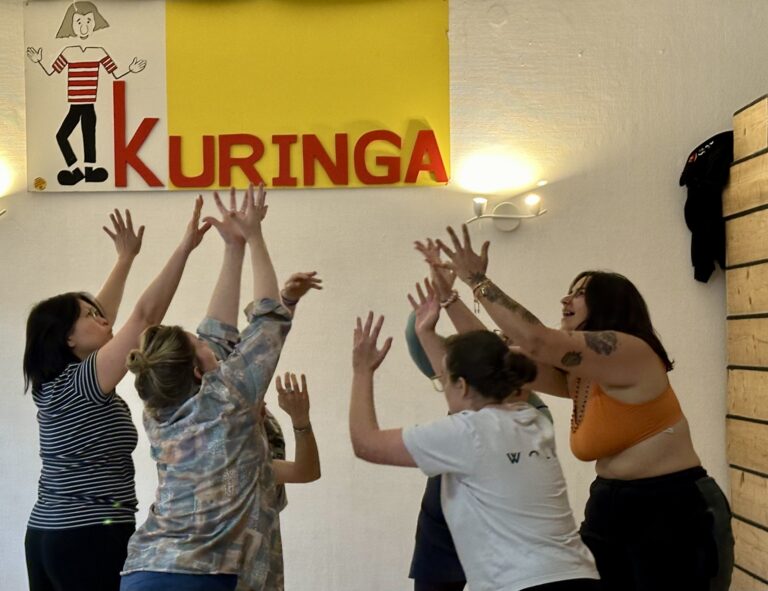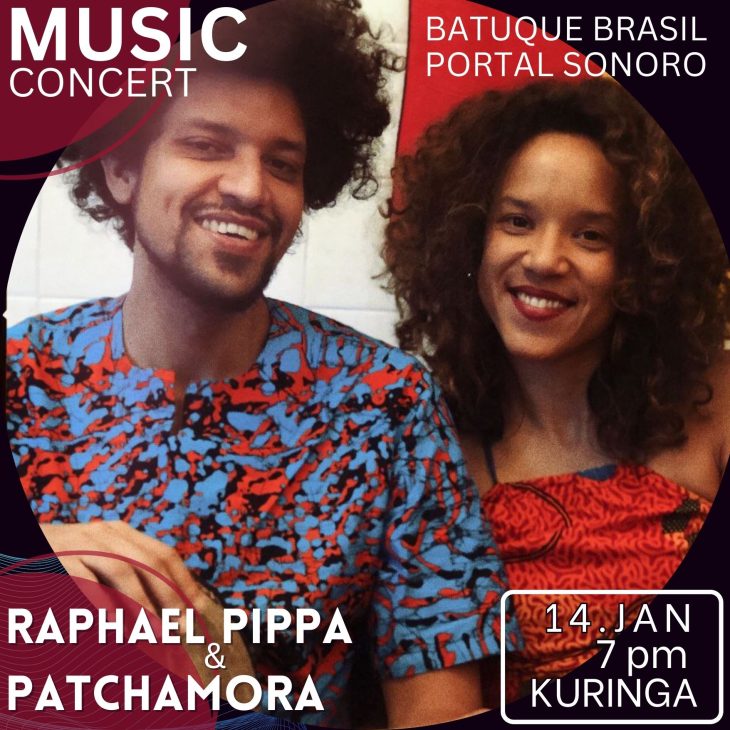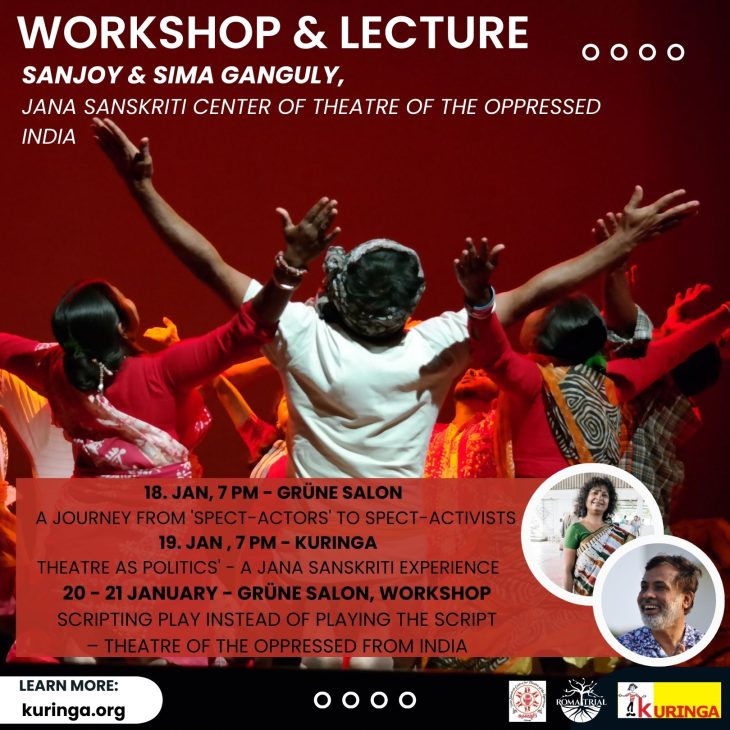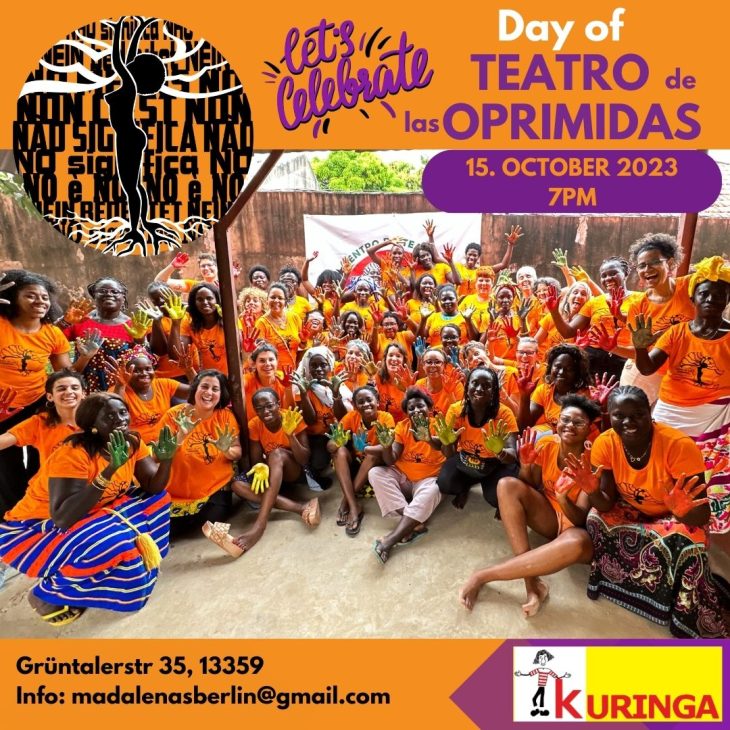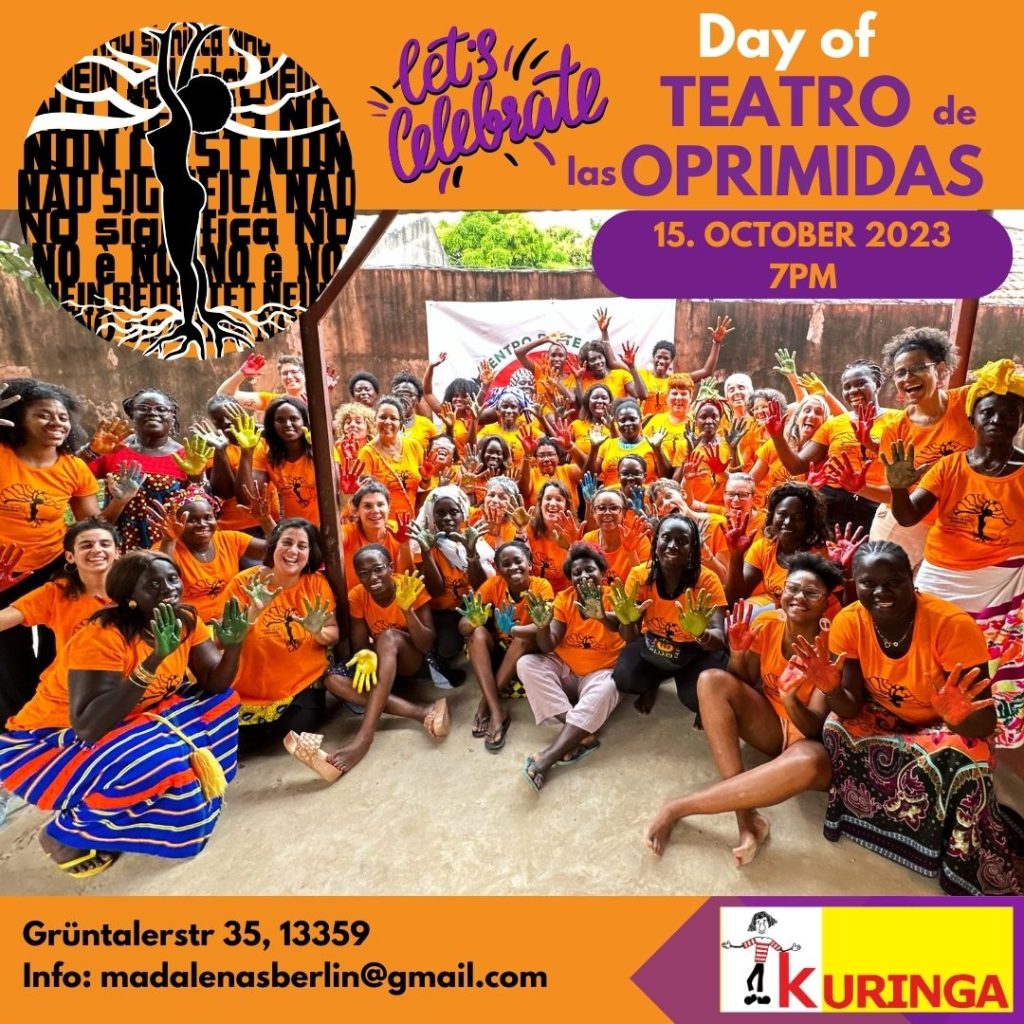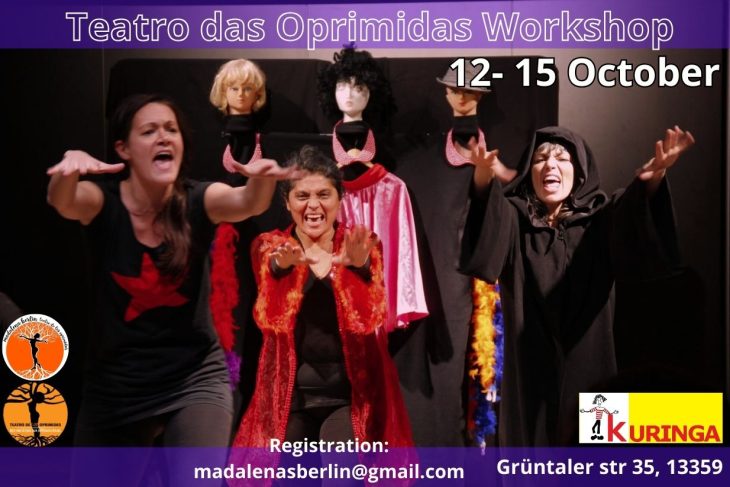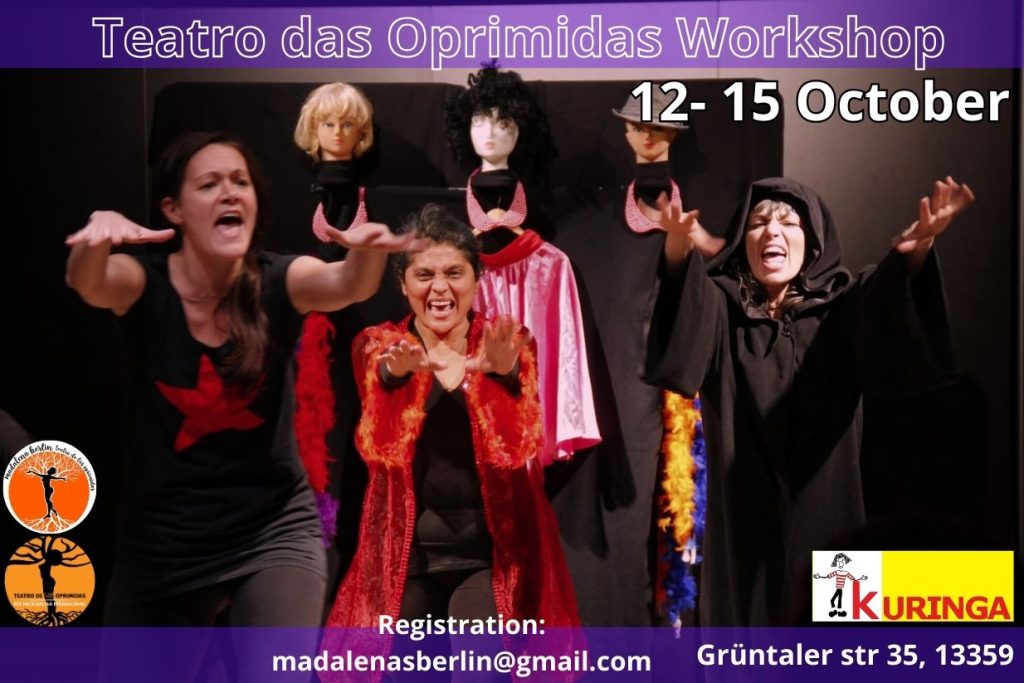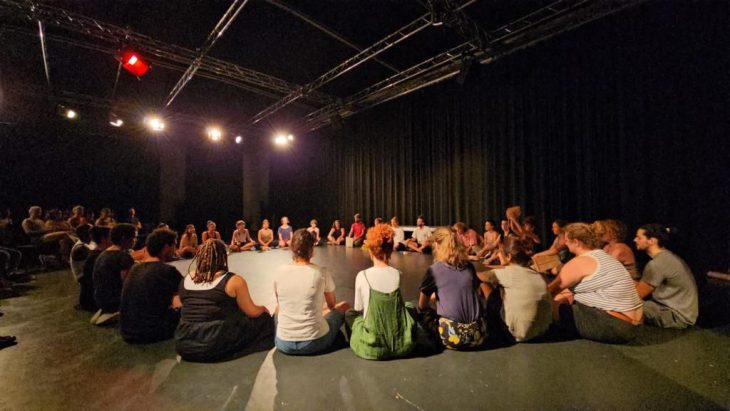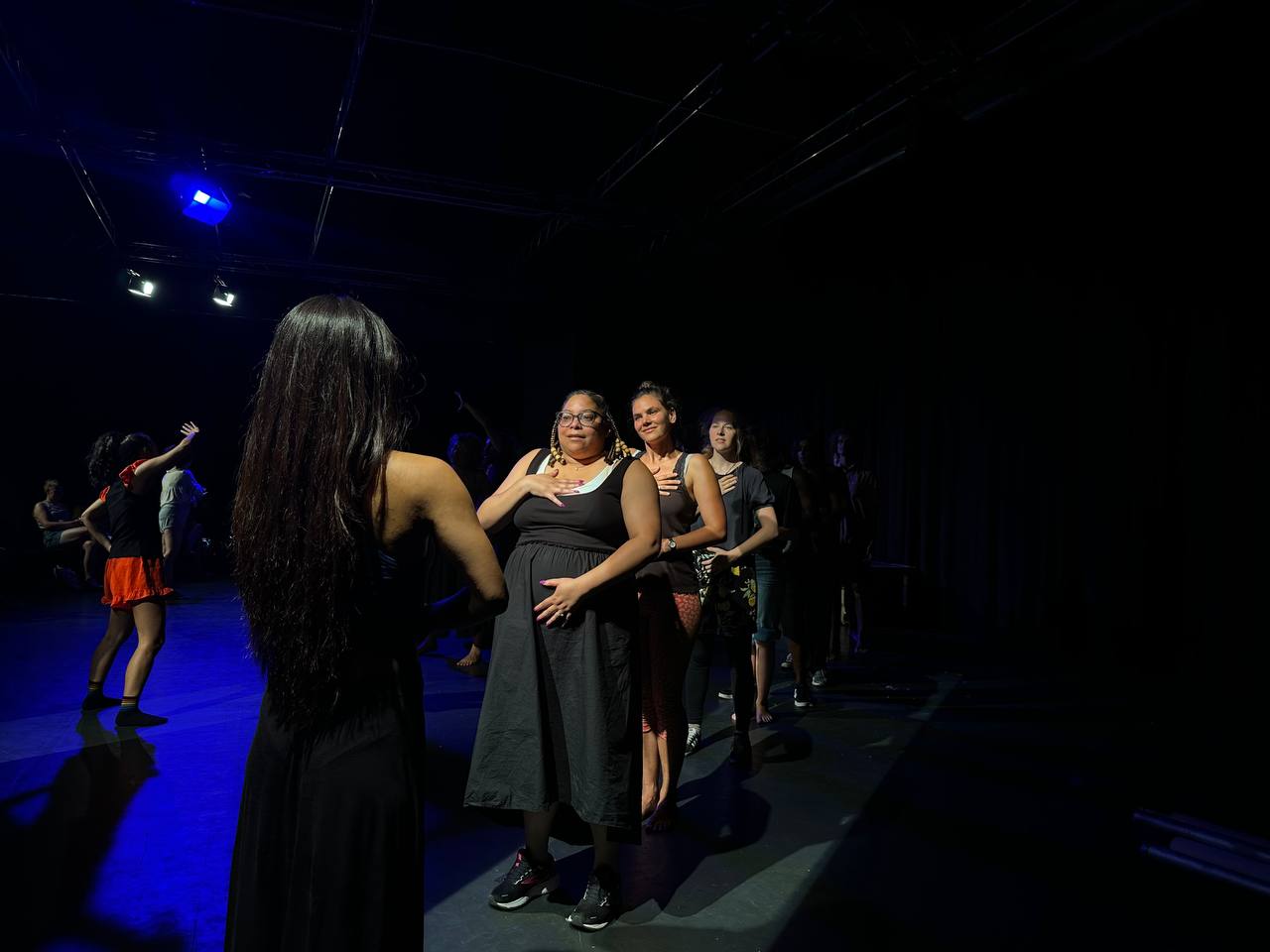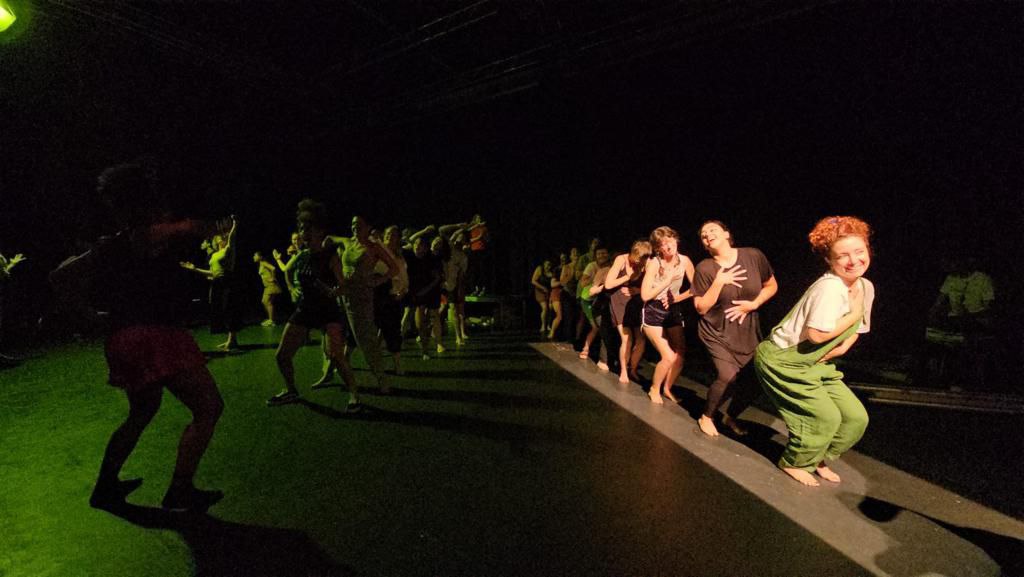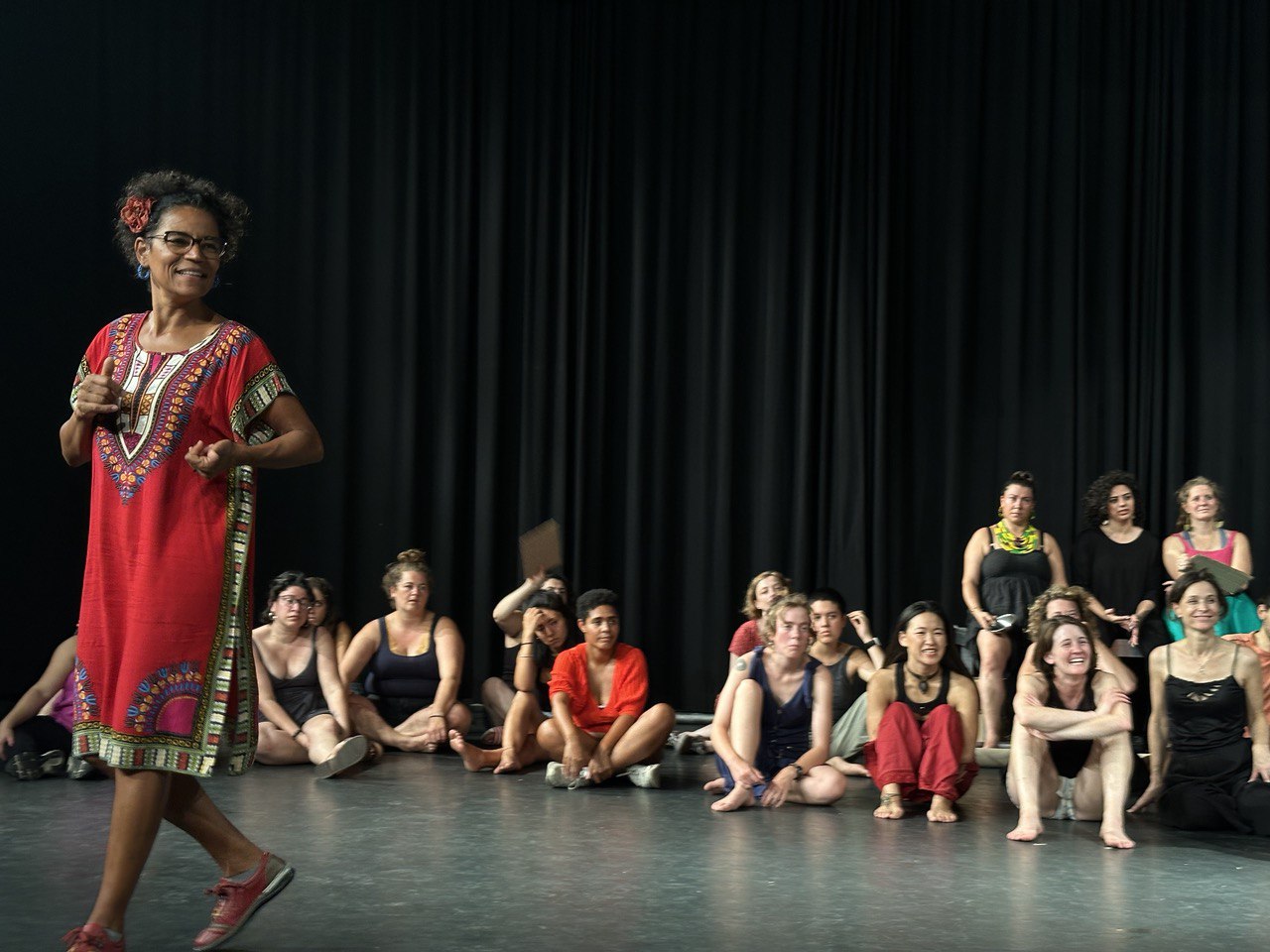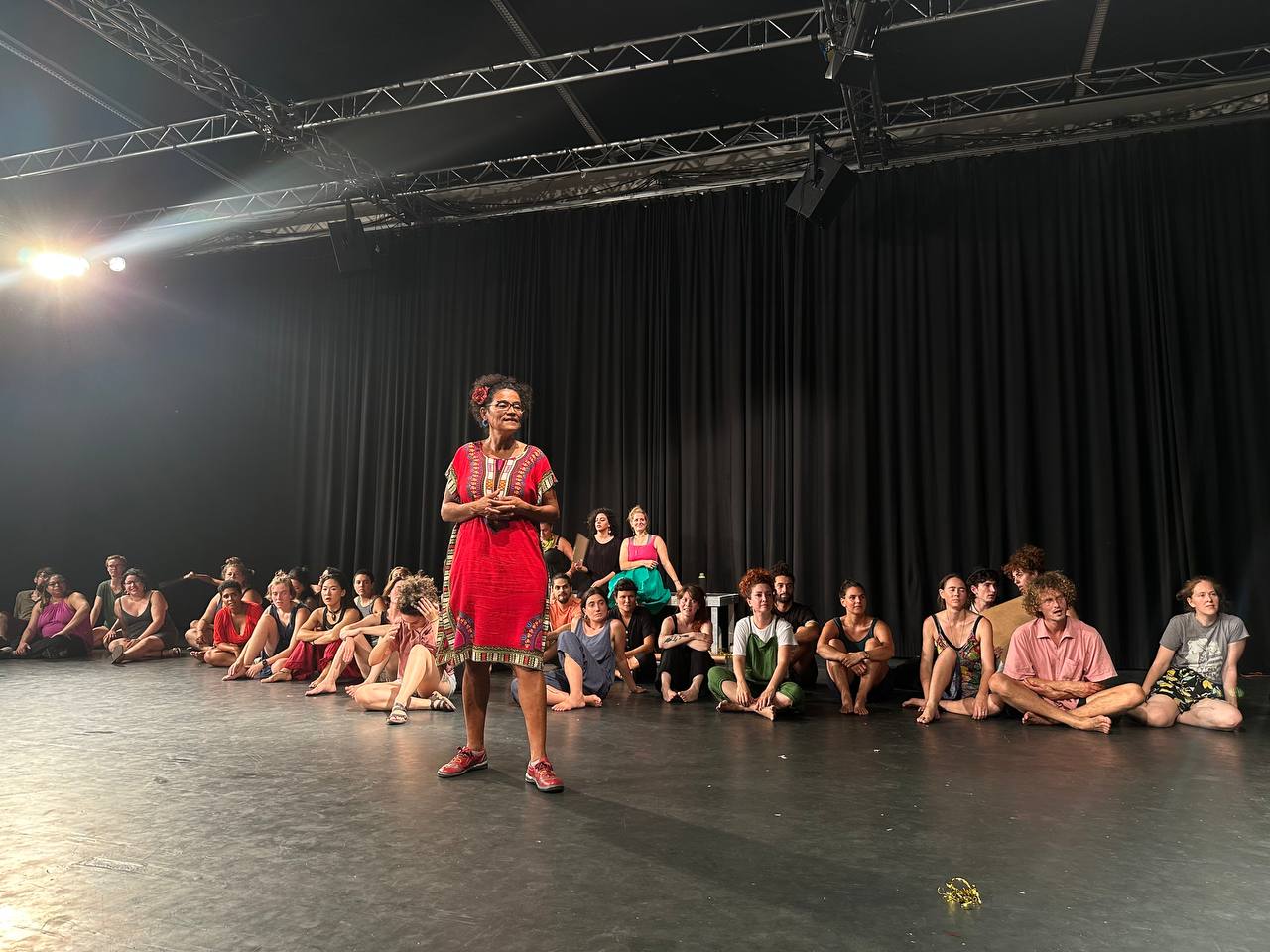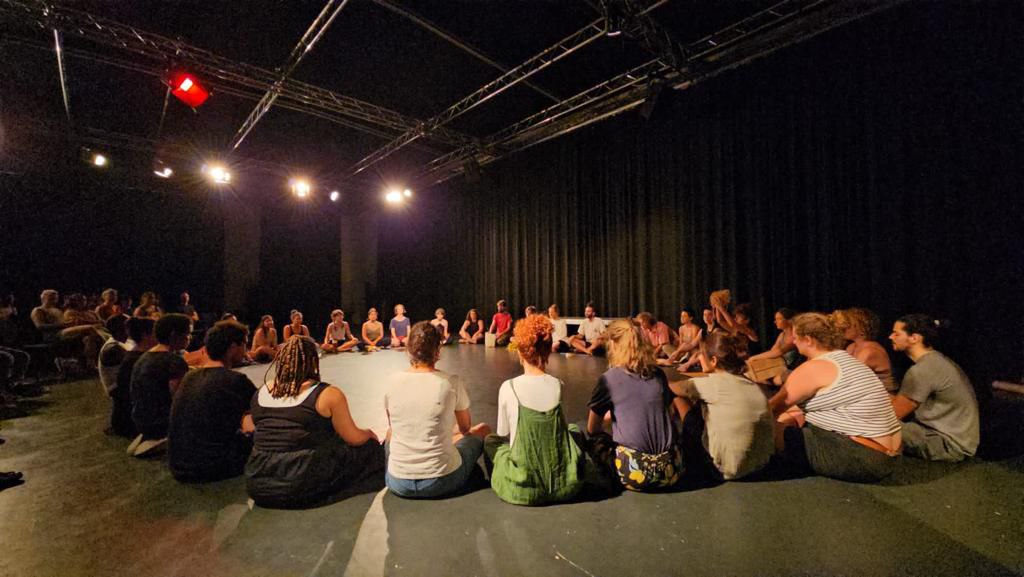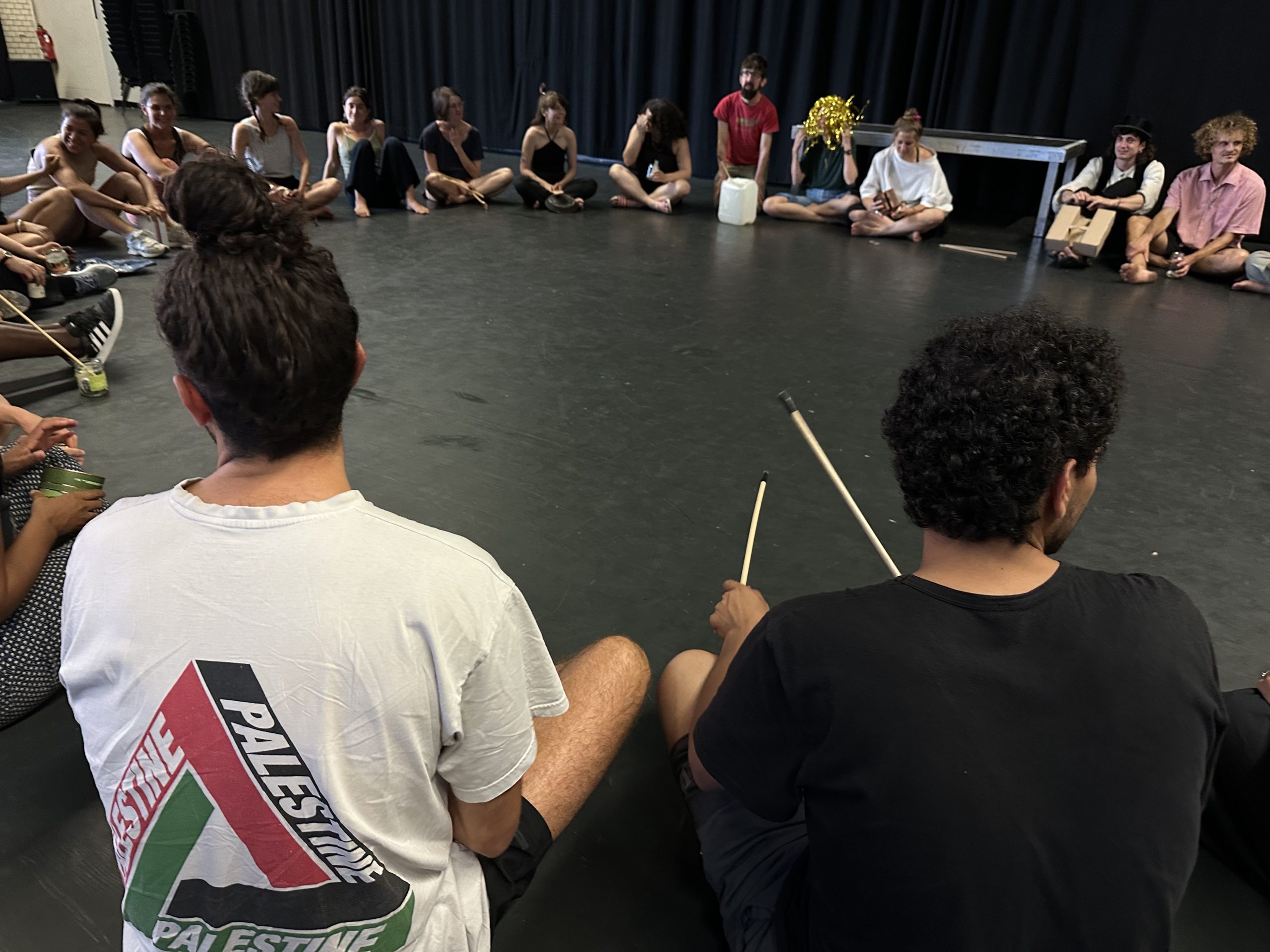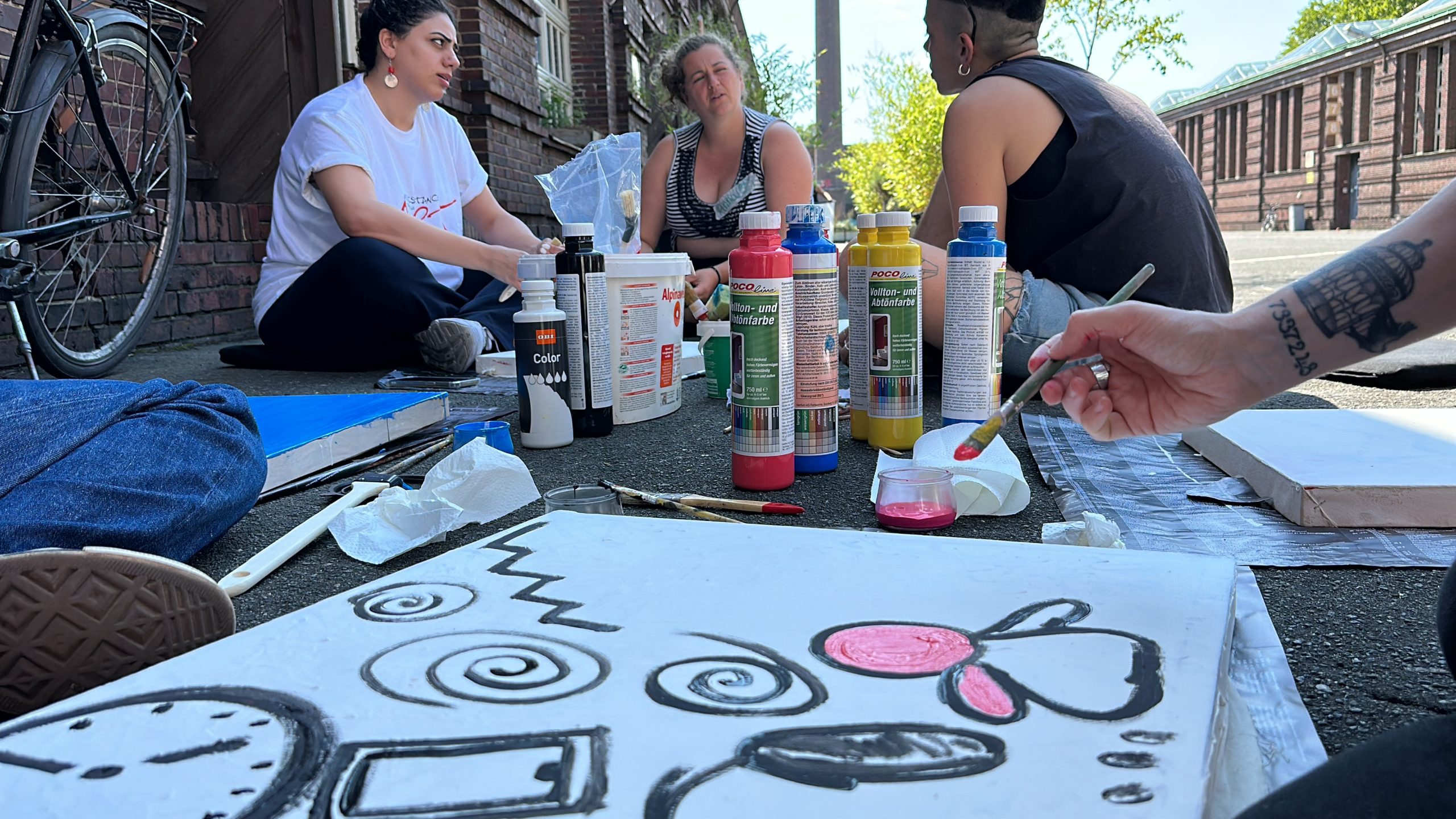A workshop facilitated by Bárbara SantosLegislative Theatre:
In the Theatre of the Oppressed (TO), a method systematized by Augusto Boal, staging must provoke reflection and encourage action. In other words, theatre is not enough.
The Legislative Theatre, on of TO’s techniques, was developed between 1993-96, when Augusto Boal was a representative of the Rio de Janeiro City Council and there was an urgent need for action. Bárbara Santos has been the head of office and acting as Kuringa of several popular groups at the same time. She was deeply linked to this process, also in terms of its conception and structuring. The team worked with dozens of community groups on their local issues through Forum Theatre productions. They organized public events in which the audience could discuss and draft bills ensuring that the proposals voted and approved could have the appropriate referrals through the mandate. The real life of the theatre groups members was the starting point and inspiration for the Forum Theatre pieces. And the Legislative Theatre sessions were the collective exercise of seeking of alternatives to transform that reality.
The City Council procedures guided the development of the Legislative Theatre during the mandate and afterwards, when the technique was disseminated among Theatre of the Oppressed practitioners and has been expanding its focus beyond drafting laws. Since then, Legislative Theatre did not refer only to questions directly linked to legislation. It could still address the creation of a new law or the modification of an already existing law. But it also became a claim for specific policies, or the organizing of a public action, for a petition or another form of mobilization.
Since 2016, together with several theatre groups from Ma-g-dalena International Network of Teatro de las Oprimidas, Bárbara Santos has been developed a Legislative Theatre experience in line with their feminist -antiracist/decolonial/community- practice.
“To do so, we eliminated solemnity of the transition between the Forum and the Legislative sessions, which was meant to symbolically represent the rites of the City Council; We carefully reinforced the articulation with associations and social movements to guarantee both a committed audience and the organizational support for subsequent actions; We replaced the central coordination of the process with a decentralization of the discussion between small groups, collectivizing the drafting of the proposals in order to horizontalize the relationship between experts and audience and avoid the reproduction of power structures.”
Bárbara Santos
In 2019, Bárbara Santos developed a workshop model to spread this practice among Ma-g-dalena Network practitioners. Through a creative process participants are searching for themes and/or struggles, which can represent a meeting point and a common ground among them to produce a Forum Theater play. Allies, experts, and the audience interested on the upcoming topics are invited for a Legislative Session in which the theatre production is going to be the channel to deepen discussions, analyze the social problem represented and develop collective proposals for the implementation of concrete and continuous actions.
From August 29th to September 1st, for the first time in Berlin, Bárbara Santos will facilitate a Feminist Legislative Theatre workshop based on feminist aesthetics with an original repertoire of exercises, games, and techniques from the Teatro de las Oprimidas and a Legislative Session in a public event at the end.
This workshop is open to all people interested in aesthetic tools to provoke reflection and encourage action.
When: August 29th till September 1st, 2024 (Total: 25h)
Timetable: Thursday and Friday, 4pm-9pm / Saturday, 10am-6pm
Sunday, course: 11am-4pm and public event 5pm-7pm
Where: KURINGA Berlin (Grüntaler Str. 35, 13359 Berlin)
Who: Adults / Artists / Activists / Social Workers / No gender restriction
Language: English



